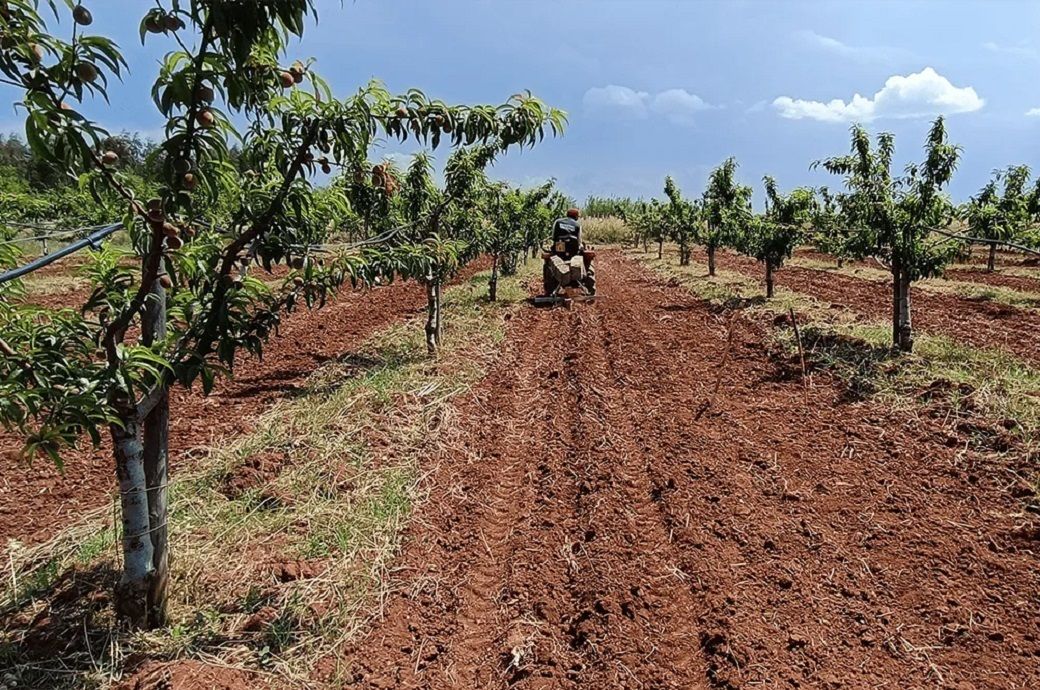
Coordinated by the European Forest Institute (EFI) together with the Council for Agricultural Research and Economics of Italy (CREA) and with Pretaterra, the objective of this pilot project is to develop an experimental agroforestry regenerative cotton site, among the first of its kind, to test and scientifically assess new ways to implement sustainable cotton production in Italy, the involved parties said in a joint press release.
The Puglia region of Italy, with its mild climate and diverse agricultural potential, has been chosen for this project. Cotton farming, which dates back to the 12th century in this region, is being reintroduced through this initiative. The project, which started in May, will expand to cover five hectares by 2024.
Over five years, this site will serve as a unique experimental field in Europe, exploring the potential of agroforestry cotton using various tree species and regenerative practices. Regular scientific reports will assess the environmental impacts, cotton properties, and production levels across the different plots established.
The initiative aligns with the broader commitment of the Armani Group towards sustainable and responsible development in line with its ‘People, Planet, Prosperity’ strategy. This strategy emphasises the importance of environmental, social, and governance (ESG) factors in the group’s operations.
The Apulia Regenerative Cotton Project is a part of the Regenerative Fashion Manifesto, developed by the Sustainable Markets Initiative’s Fashion Task Force in partnership with the CBA. This initiative underscores a commitment to shift towards a circular biobased industry that supports local communities and contributes to their prosperity, whilst creating and maintaining regenerative landscapes.
“Our commitment to the Sustainable Markets Initiative is to drive positive change. It is a bold and innovative project and one that is particularly meaningful for me and my company. Actively participating in the development of agroforestry regenerative cotton, especially on Italian soil, is an important step and will also have a real impact on local communities. Once a utopia, regenerative fashion finally begins to assume a tangible form,” said Giorgio Armani.
Fibre2Fashion News Desk (NB)